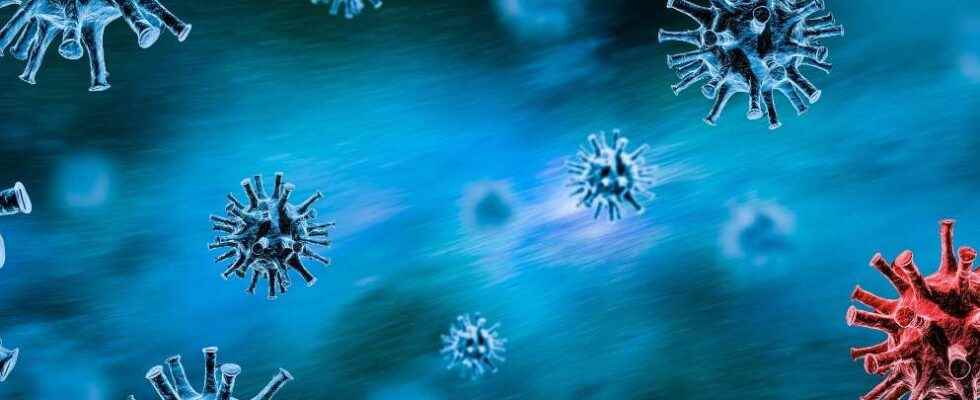Viruses are all around us, but we only know a fraction of them. A supercomputer has analyzed millions of genetic data to identify 100,000 new viruses, including nine close to coronaviruses.
You will also be interested
[EN VIDÉO] Interview 5/5: the impact of global warming on viruses With the warming of the climate, it is possible that certain vectors of transmission of a virus, mosquitoes for example, can travel and thus survive in our latitudes. In this interview, Jean-François Saluzzo, virologist with the WHO, paints a picture of the risks caused by the combination of these two scourges.
The data base Scientists are overflowing with genetic sequences collected by researchers around the world. The study of this gold mine is a titanic enterprise and this work could only be carried out by a supercomputer. A group of scientists used Serratus, a cloud-based computing infrastructure, to analyze 5.7 million genetic samples in search of the gene for polymerase RNA-dependent, a enzyme which can only be found in viruses. Result: 131,957 new ones detected, including nine close to the coronavirus ! While this figure is impressive, it is only a fraction of the virome — all of the existing viruses — from Earth. The study appeared in Nature.
An overview of terrestrial viruses
Most of the viruses identified come from environmental samples for which the host is not known. For others, many infect plants and invertebrates, more than 11,000 and 6,000 respectively; 682 others can contaminate humans. Pandemic of Covid-19 forces, scientists have become interested in the family of Coronaviridae. Among the available data, 11,000 genetic fragments that may belong to the family of Coronaviridae were identified by the supercomputer.
After assembly and sorting, nine new viruses close to Coronaviridae have been discovered. All derived from samples taken from non-mammalian aquatic animals, such as the axolotl, theseahorse where the running away. All of this data reveals only a tiny fraction of the great diversity of viruses present on Earth, and may be able to identify the source of a future zoonosis.
Interested in what you just read?
